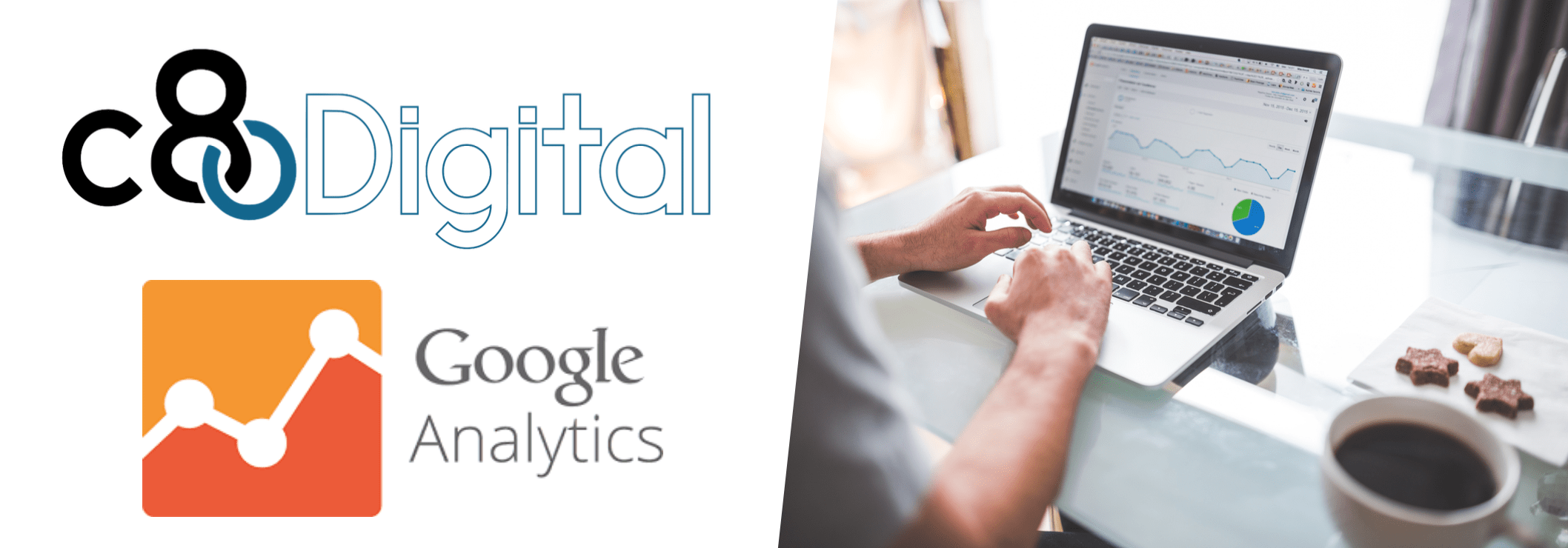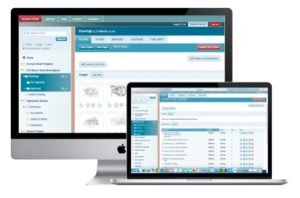
Half of the money I spend on marketing is wasted, the problem is I don’t know which half
This famous old quote is attributed to a whole range of luminaries from Lord Leverhulme to US retail magnate John Wanamaker.. but does it still hold true today?
The aim of digital marketing analytics is to render this quote obsolete in other words to tell you precisely which part of your marketing does work and which part doesn’t. indeed, some of the more “evangelical” marketing professionals will actually go one step further and propose the implementation of a proper analytics process should mean the end of the marketing budget as we know it. For, if you can identify which of your marketing activities is producing best results, to the extent that for every £1 you spend on marketing you get a £1+ plus return in business, why put a limit on you spend?
But what exactly is Analytics. In its purist form Google analytics will tell you how many people visited your website. Going one stage further it will tell you how those visitors were “acquired”. Did they find you by a simple “organic search”, Did they come to your site via social media such as Twitter or Facebook, or as a result of one of your email campaigns. Drilling down a little further, Google will tell you how they “behaved” on your site, did they look at many pages or just a few, which was the first page they looked at “the landing page” but perhaps more importantly, which was the last page they went to their “exit page”, if this is the page that drove them away from your site, perhaps he should be the one that you attend to first?
More than that, other analytics tools can take a broader view of users behaviour. Tool that can help you identify the keywords that attract users not just to your own site but to your competitor sites. They can help you find high quality linking opportunities that would have a significant impact in your Google ranking, similarly they can analyse not just your own but your competitors social media activities, guiding you to follow the right people and in the process improve your own rankings.
In summary, the components of any digital marketing campaign website, email and social media by definition generate vast amounts of data. Analytics tools help you understand that data and make marketing decisions based on facts not guesswork.
Analytics tools tell you which half of your marketing spend is working and which is not.
Colin Barnes is CEO and founder of Collabor8online.



